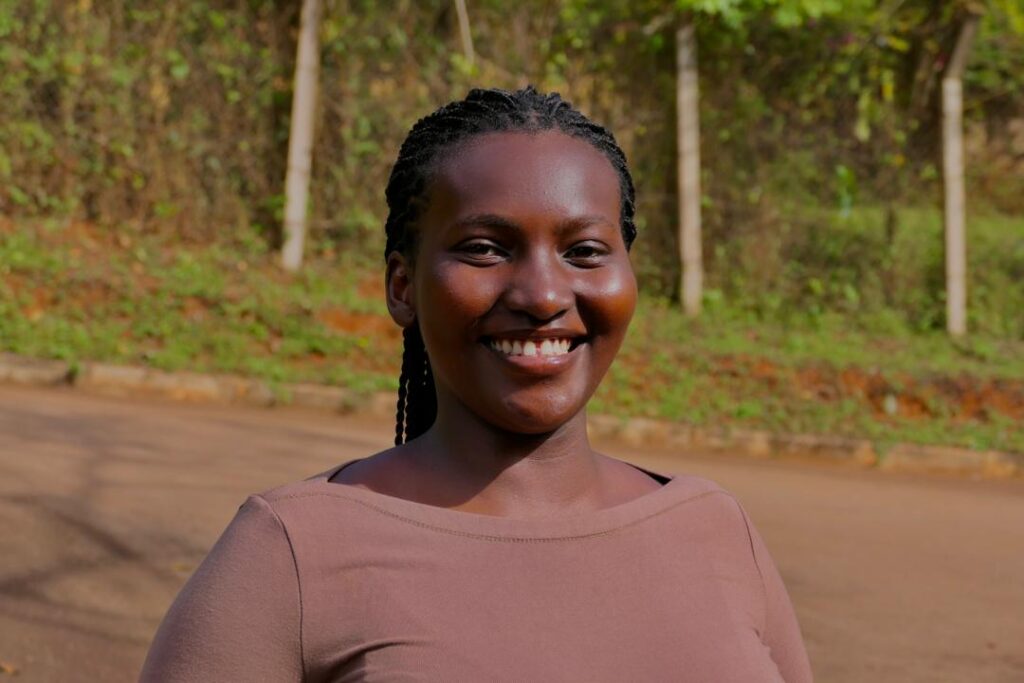By Racheal Atuhaire
For many graduates in Uganda, finishing university is not the beginning of opportunity but the start of another struggle. The dream of starting a career after years of study quickly fades as the reality of unemployment sets in. Job applications pile up, internships often come without pay, and volunteering becomes a necessity rather than a choice. For young people desperate to secure their future, opportunities are out there but they come at a cost that is quietly destroying their hope and dignity.
Exploitation has become a hidden part of the job market. Some employers and middlemen demand sexual favours from young women before offering internships, contracts, or permanent roles. For many, the message is clear: qualifications and merit are not enough. Supervisors make advances or corner interns during work trips, suggesting that sex can be exchanged for employment. Refusal often means losing the chance entirely. For those who comply, the trauma, shame, and silence weigh heavily, leaving scars that go far beyond the workplace.
But sexual exploitation is only part of the problem. Another widespread form of abuse comes in the form of financial deals struck behind the scenes. It is not uncommon for those who help secure a job whether inside the hiring team or through connections to demand a cut of the salary once the graduate is employed. Young people have reported being forced to surrender between 20 and 50 percent of their earnings for months, sometimes even years, as “commission” to those who gave them the opportunity. In other cases, graduates are asked to pay lump sums before they can be confirmed, creating an environment where only those willing to bribe or part with their hard-earned money stand a chance.
These practices reduce jobs to transactions, stripping the hiring process of integrity and fairness. Instead of a system built on talent, qualifications, and hard work, many young Ugandans are navigating a marketplace of exploitation where their bodies, their salaries, or both are up for negotiation. The effects are real. Talented graduates are discouraged, women are pushed out of careers, and the entire workforce is weakened by corruption and abuse of power.
What makes this reality even more painful is the silence that surrounds it. Few victims speak out, fearing retaliation, ridicule, or permanent blacklisting. Reporting mechanisms in most workplaces are weak or nonexistent, and when cases are raised, perpetrators often escape accountability. In a country where unemployment is high, many graduates feel they have no choice but to endure exploitation, just to hold onto the little they have.
Yet, in the middle of this darkness, choice and values still matter. It is true that the job market is harsh, and exploitation is real, but the decisions young people make in these moments define not only their careers but also their lives. Giving in to corruption and abuse may seem like the easier path, but it robs one of dignity and peace. Holding onto integrity, though costly in the short run, preserves character and opens doors to better opportunities in the long run. Every graduate must remember that no job is worth the price of their self-respect or the compromise of their values.
Uganda’s job market is in crisis, not only because there are too few opportunities, but because the ones that exist are compromised by corruption and abuse. If this cycle is to be broken, there must be stronger laws against workplace harassment and corruption, safe reporting systems, and a cultural shift that values integrity over exploitation. Employers and leaders must recognise that jobs are not gifts to be traded for favours or commissions, but rights earned by qualification and merit.
The question haunting Uganda’s graduates today is not just whether jobs are available, but at what cost they come. Until these exploitative practices are confronted, the future of many young people will continue to be mortgaged to greed, corruption, and abuse of power. But even in the face of these challenges, it is important for the youth to remember that the choices they make and the values they hold can shield them from exploitation and shape their future for the better. A country that prides itself on its youthful population must do better, because opportunity should never come at the expense of dignity or survival.


